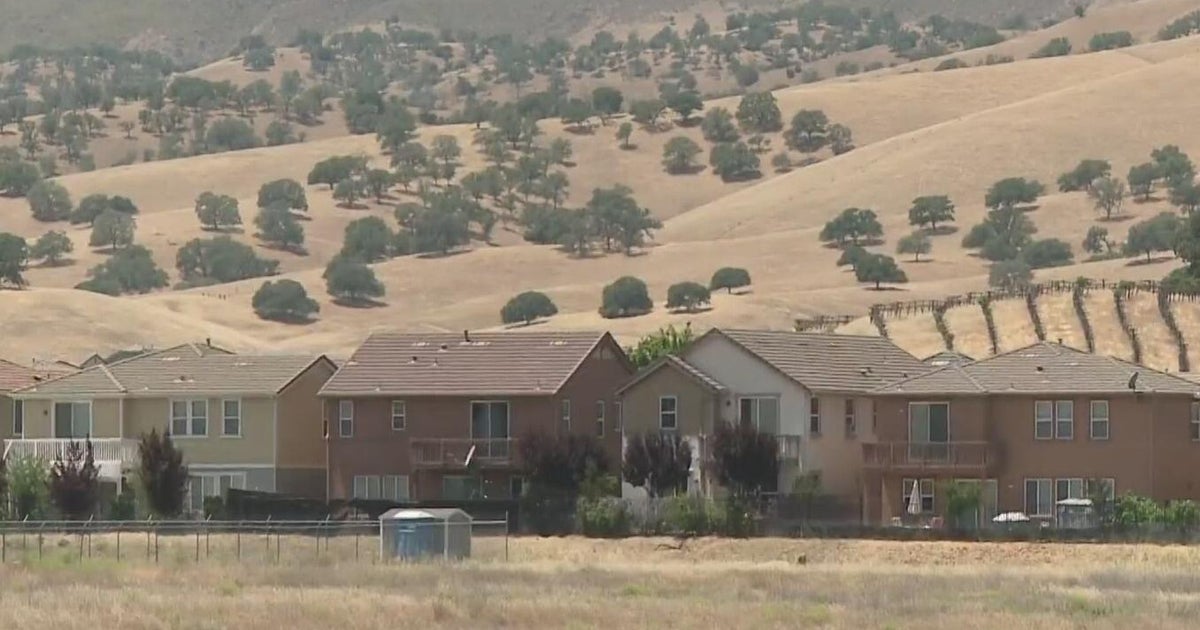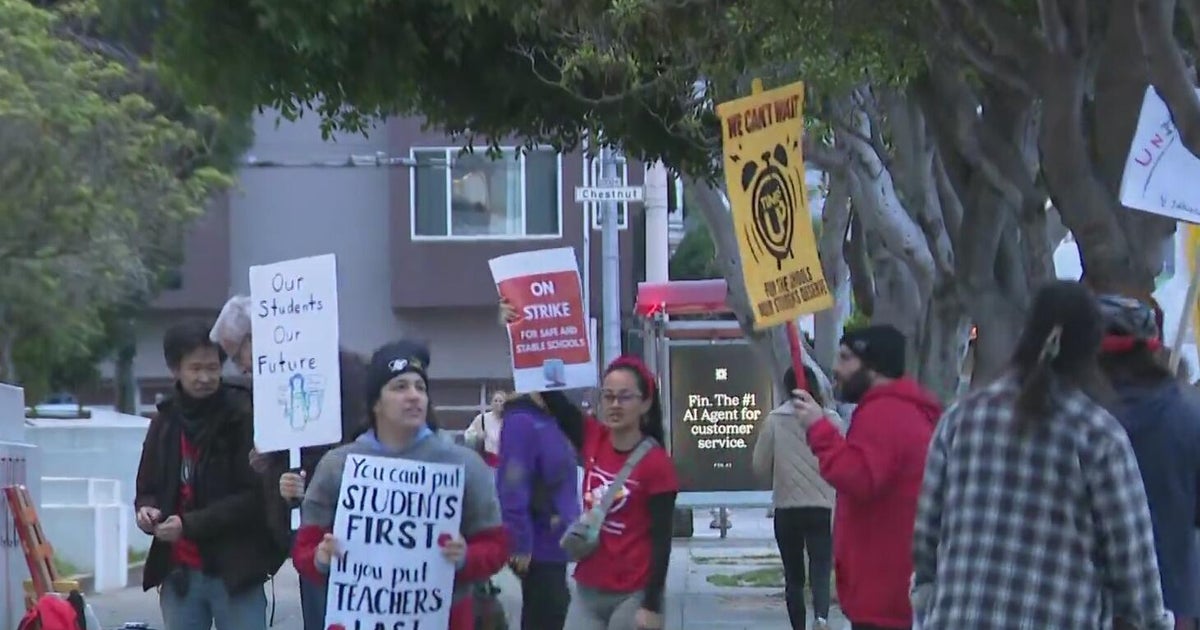Governor Wolf Rejects GOP Redistricting Map; Deadline Looms
HARRISBURG, Pa. (AP) - Democratic Gov. Tom Wolf will not submit a new Republican-drawn map of Pennsylvania's congressional districts to the state's high court, saying Tuesday that it uses the same unconstitutionally partisan tactics as the six-year-old boundaries struck down in a gerrymandering case.
Wolf's move came six days before the deadline set by the Democratic-majority state Supreme Court to impose new boundaries for Pennsylvania's 18 congressional districts. However, Wolf's office did not immediately say whether he would submit his own map to the court, and he has not publicly released his own proposed map.
Supreme Court Declines Request From Pennsylvania GOP To Stop Redistricting
Redrawing the map of Pennsylvania districts could boost Democrats nationally in their quest to take control of the U.S. House, and leaves district boundaries up in the air barely three months before May's primary election.
The governor said his office's analysis of the plan put forward Friday night by leaders of the Republican-controlled Legislature concluded that it was clearly designed to help their own candidates.
"There is basically no chance it wasn't drawn in a way to benefit Republicans," Wolf press secretary J.J. Abbott said.
The governor's office retained a mathematician with an expertise in redistricting, Moon Duchin of Tufts University, to review the GOP-drawn map. In a one-page summary released Tuesday by the governor's office, Duchin called the GOP's revised plan "extremely, and unnecessarily, partisan."
Gov. Wolf Hears Feedback From Pennsylvania Residents On Redistricting
Republicans who drew the proposal said it adhered to the court's line-drawing benchmarks, eliminating dozens of municipal and county divisions and creating more compact districts. It also kept nearly 70 percent of residents - and every incumbent congressman - in their old districts.
The governor was notifying lawmakers of his specific problems with the Republican leaders' proposal, but is also leaving open the possibility of working with the Legislature to submit a consensus map by Monday's deadline, Abbott said.
The court ruling Jan. 22 said a Republican-drawn map created in 2011 put partisan interests above other line-drawing criteria, giving GOP candidates an unfair edge.
In the three elections under that map, Republicans have maintained a 13-5 advantage in the state's congressional delegation.
Pennsylvania is politically divided - Republican Donald Trump beat Democrat Hillary Clinton in Pennsylvania by less than 1 percentage point in the state. Democrats have more registered voters than Republicans, and hold the governorship and three elected statewide row offices, as well as the high court majority.
(Copyright 2018 by The Associated Press. All Rights Reserved.)







